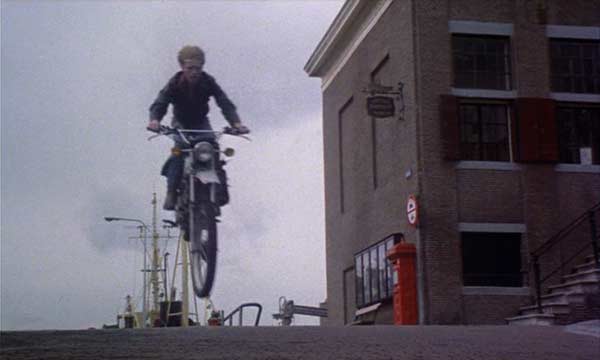
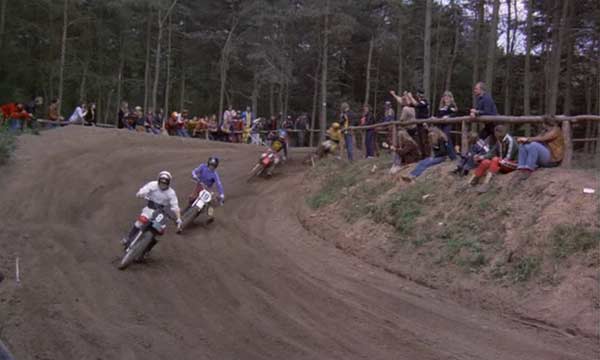
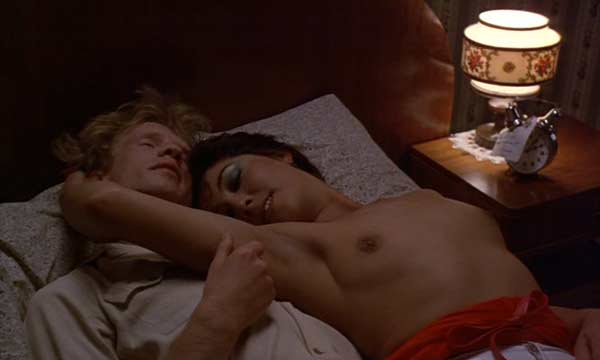
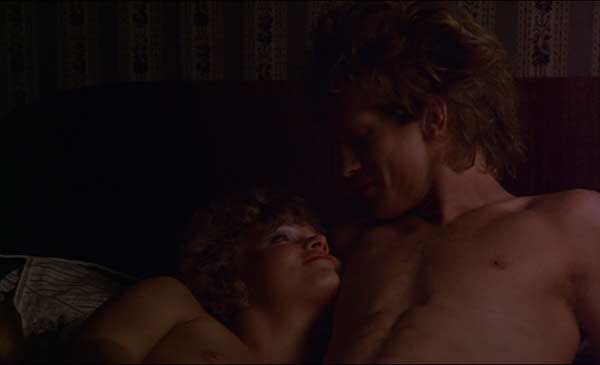
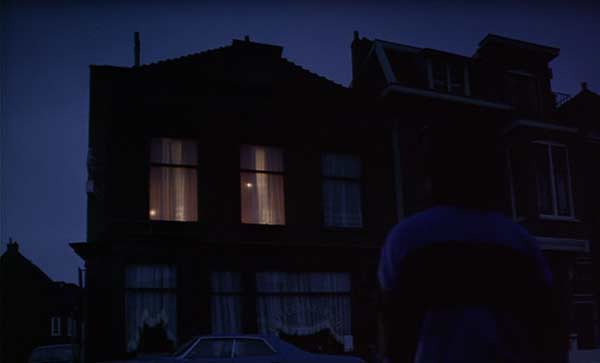
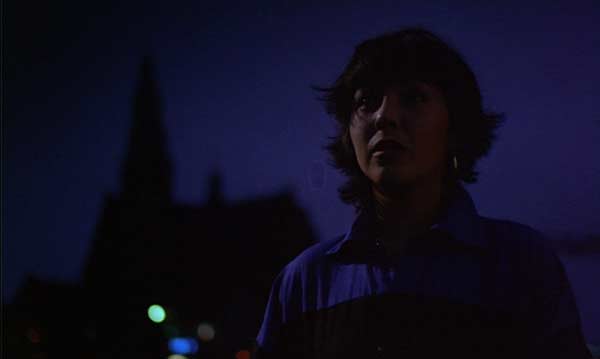
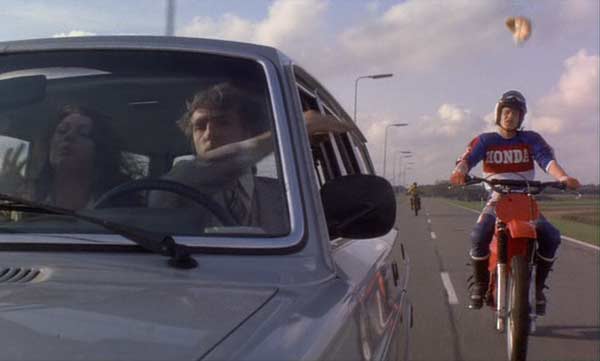
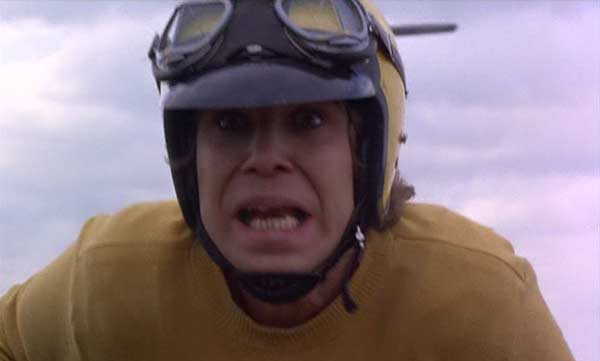
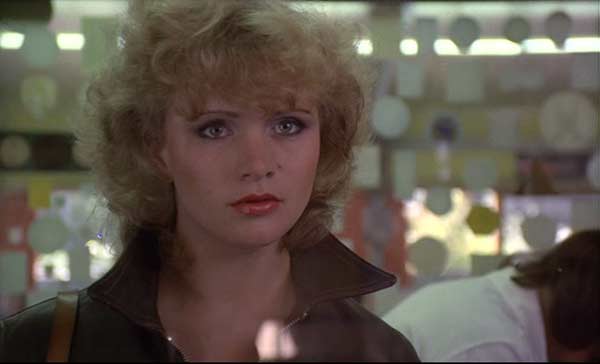
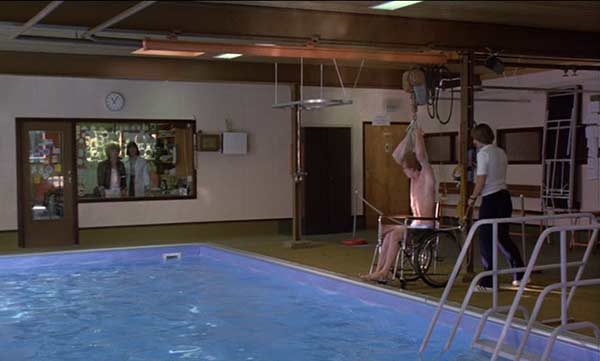
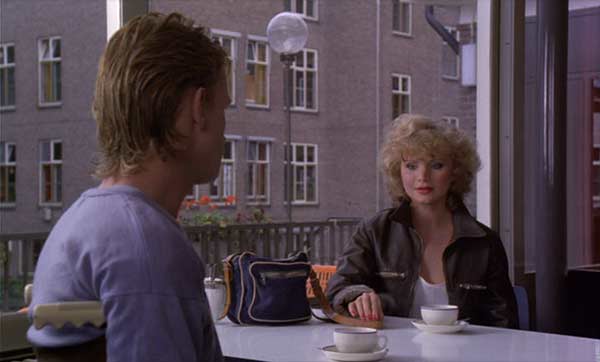

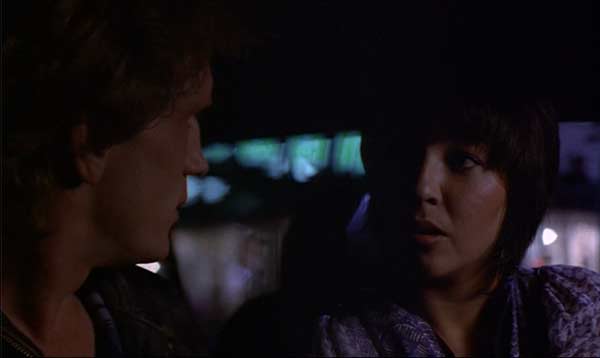

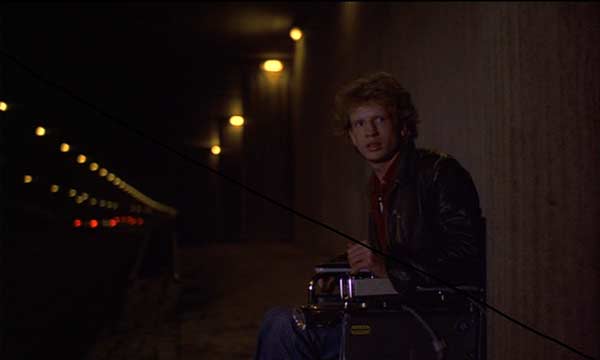

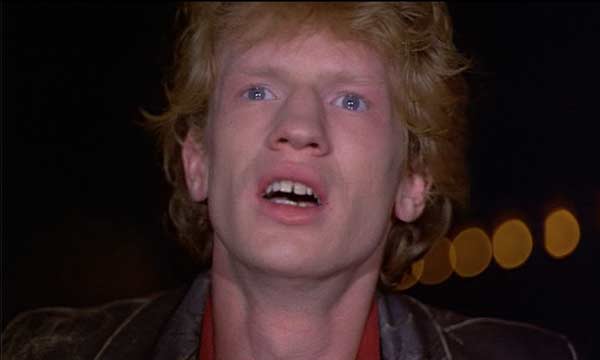

Spetters
Paul Verhoeven, 1980
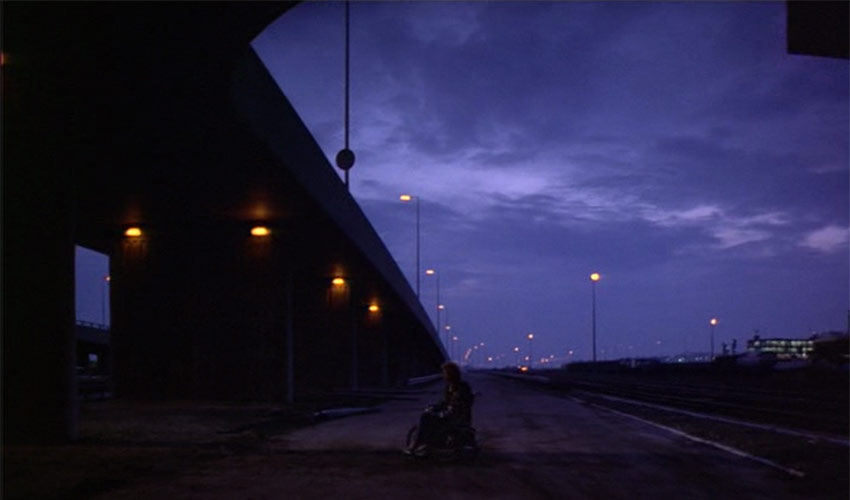
FROM ‘MARA, MARIETTA’
Part Nine Chapter 1
He asked me about myself. I spoke of my passion for cinema; I told him of my love for Paul Verhoeven’s Spetters. He asked me if I knew that Hans van Tongeren, the actor who played the male lead, had committed suicide, just like his character in the film. I told him I didn’t, and must have been visibly moved because Klaas gave me a look of recognition.
OLIVIER PÈRE ON SPETTERS
When he made Spetters in 1980, Paul Verhoeven was the Netherland’s star film director, showered with praise for the commercial and critical triumphs of his earlier films, and in particular Soldier of Orange (1977), a sweeping historical epic on Dutch resistance and collaboration during WWII. With Spetters, Verhoeven and his scriptwriter Gerard Soeteman chose to return to contemporary reality and to focus on Dutch youth and the working poor. The characters in Spetters, then, are from modest families or the margins of society. Verhoeven sets out to describe the hopes and disillusions of three friends with a passion for motocross, buoyed by dreams of glory, sex and easy money. The film was a box-office success but caused an enormous scandal in the Dutch film industry and the press, which heaped scorn on its director.
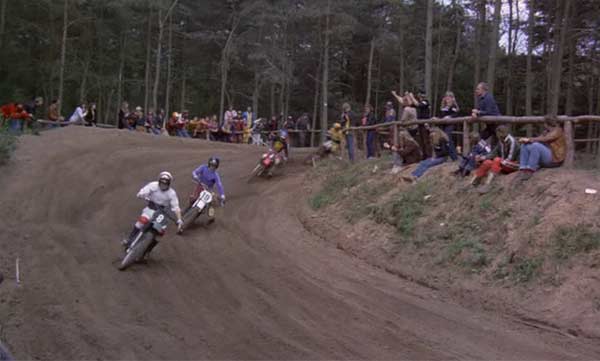
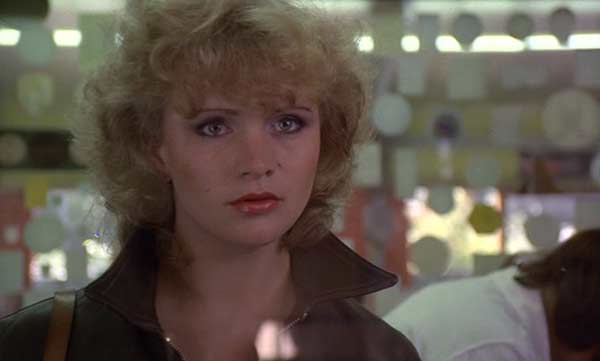
Renée Soutendijk as Fientje
Verhoeven was accused of peddling pornography, misogyny and hate against the handicapped—the hero commits suicide after a motorcycle accident leaves him paraplegic—and more besides. Faithful to his provocative spirit but also to his perceptive eye, the director depicts characters smothered under the weight of religion, morality and class contempt. In the pursuit of truth, he shakes up conventions by resorting to brutal revelations and accidents of destiny: the macho discovers his homosexuality in the most violent manner possible, the motocross champion ends up in a wheelchair, and the guy in the trio with the least going for him wins the heart of the sexy, ambitious woman. Forthright, Verhoeven hit the mark, just as he would fifteen years later in the USA with Showgirls, a film bearing many similarities to Spetters. Their disastrous reception put a brake on the progress of Verhoeven’s career, but the two films still stand as magnificent exemplars of the filmmaker’s naturalistic, aggressive and excessive style.
Verhoeven makes fables that are also satirical sallies against the seamier realities of our times. Spetters and Showgirls are stories of social climbing and frustrated ambition, of the struggle for survival in a pitiless world. The three young men in Spetters believe motocross competition will enable them to climb the social ladder and become rich and famous. Their failure is due to bad luck, neurosis or lack of talent; they are humiliated by those richer and more powerful than they are. The woman they pursue, operator of a fast food van, will do anything to escape her petty existence. She’s an opportunistic fighter with no scruples, quite representative of the women in Verhoeven’s films, always stronger and more intelligent than the men.
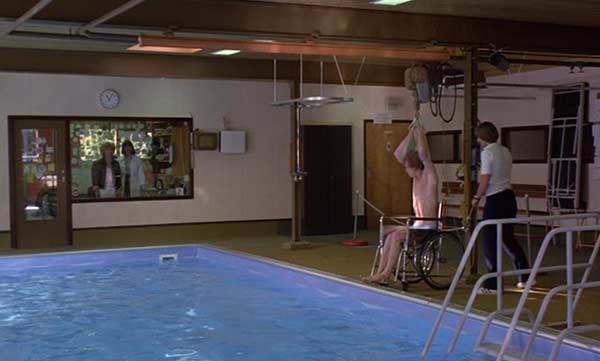
Hans van Tongeren as Rien

Marianne Boyer as Maya
Verhoeven’s cinema, outrageously mundane, is always shot through with an extraordinary vitality that transcends its pessimism. With its grimy aesthetic, its sublime bad taste and its wide-ranging provocations, Spetters could have been the punk manifesto of early 1980s cinema, alongside those other brilliant films, Dennis Hopper’s Out of the Blue (1980) and David Cronenberg’s Videodrome (1983). But Spetters is resolutely on the side of survival, not self-destruction. There is a future—and it will probably be as shitty as the present.